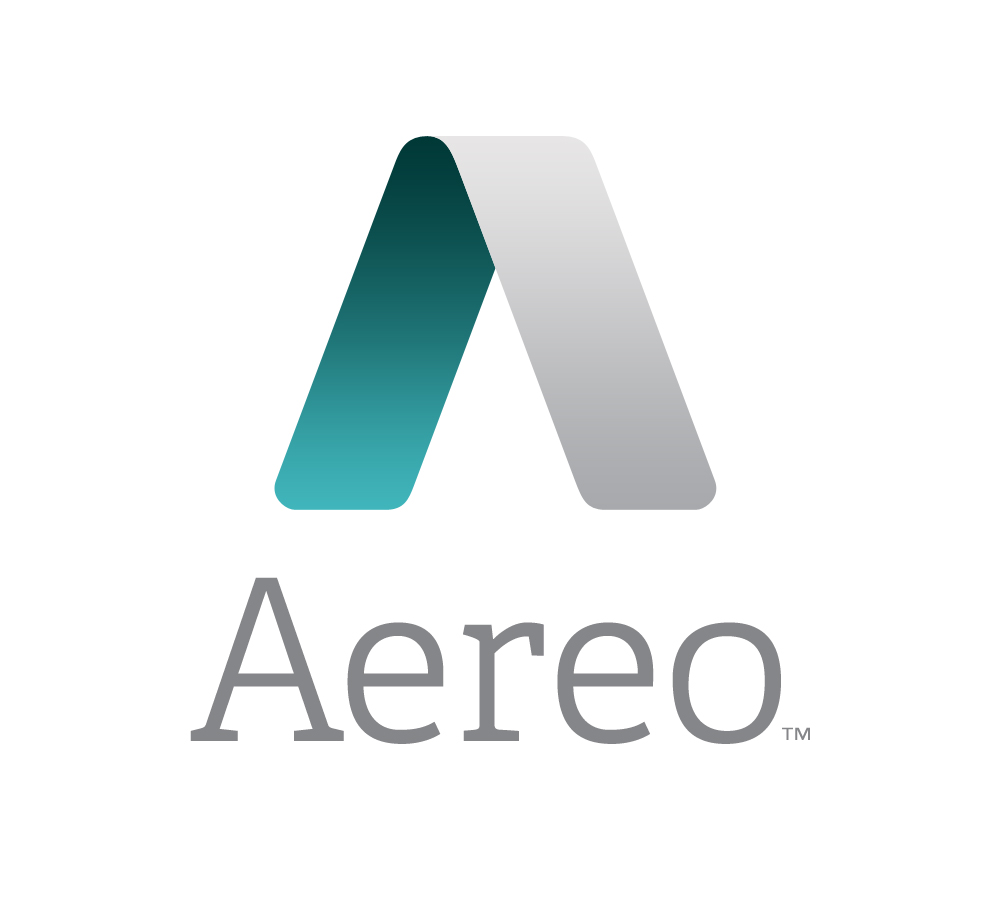We can’t possibly get 100Mbps at home soon enough! Video seems like the obvious service in what we use today, but just imagine if everyone had such a fast connection! There’s sure to be new applications …
Cable executives have given several reasons for why many cable systems in the United States are going very slowly in upgrading to Docsis 3. There’s little competition in areas not served by Verizon’s FiOS system, which soon will offer 50 Mbps service. And some argue there isn’t that much demand for super-high speed.
Mr. Fries added another: Fear. Other cable operators, he said, are concerned that not only will prices fall, but that the super-fast service will encourage customers to watch video on the Web and drop their cable service.
The industry is worried that by offering 100 Mbps, they are opening Pandora’s box, he said. Everyone will be able to get video on the Internet, and then competition will bring the price for the broadband down from $80 to $60 to $40.
via World’s Fastest Broadband at $20 per Home – Bits Blog – NYTimes.com.
When Cablevision rolls out 50Mbps later this year, I will be very tempted though the cost will be double what I currently pay for 30Mbps. Seems like a steep upgrade tax to speed up the recoup on investment.

